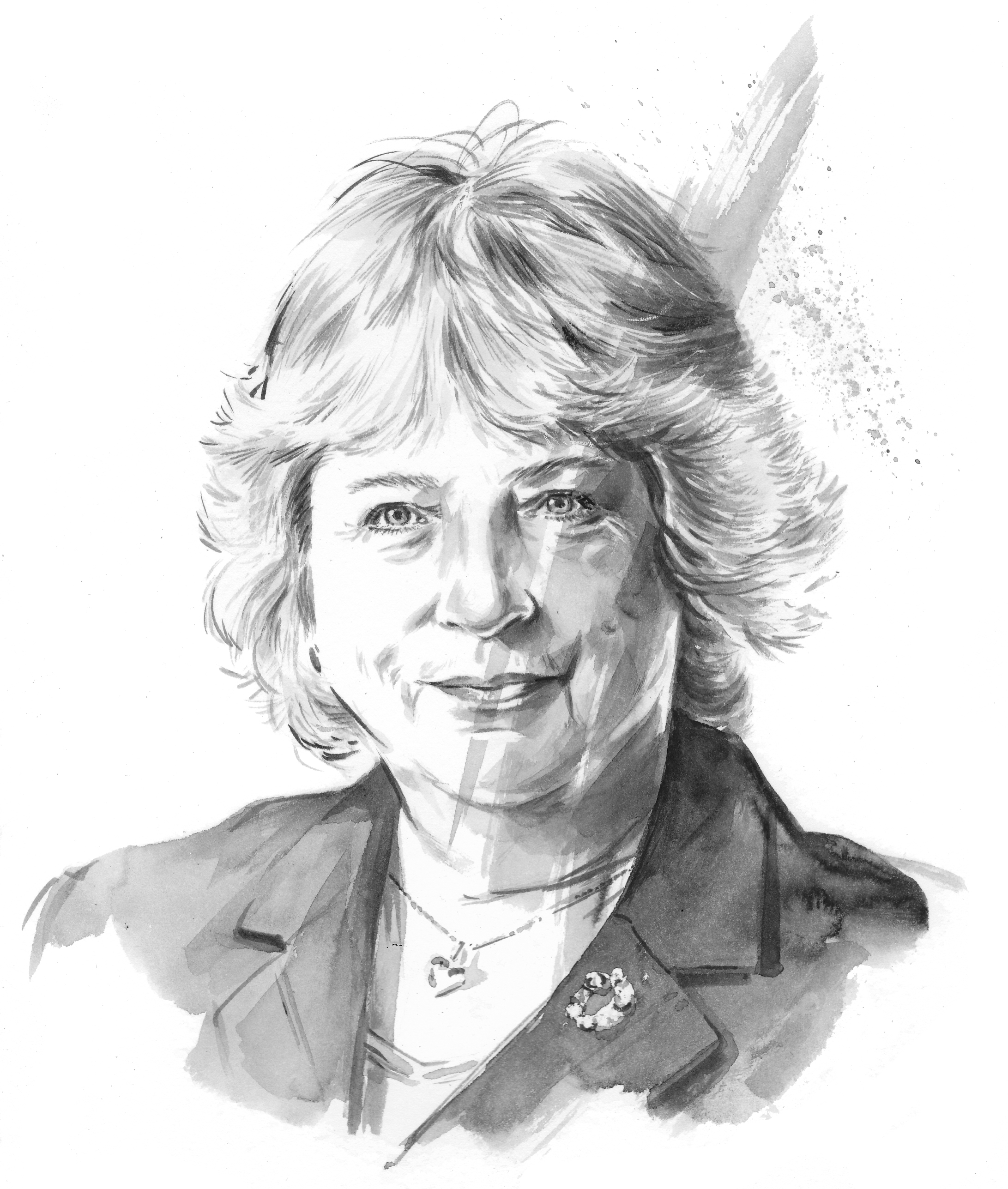Our profession is at the frontline of a mental health crisis. To align with World Mental Health Day on 10 October, ITV’s latest Britain Get Talking campaign has launched a unique homework task designed to help young people open up about the hardest subject of all: what’s on their minds.
At a time when our country urgently needs solutions, I applaud this campaign for seeking to harness the power of schools in pursuit of positive change.
This initiative is a mass call to action that asks everyone to “do their homework”. Cleverly this points to the fact that it is the work of the home to listen, to talk, to support.
Mental health in schools
Doing homework may be one of the few times in a busy week when children ask for help, but how often do they reveal what is truly on their minds? Increasingly, the nation’s worries are placed at the school door, with teachers expected to respond accordingly.
This homework exercise simply asks teachers and schools to send children home with the task of asking a trusted adult for a conversation about their worries. There is no marking, no required school-based follow up, and no budget implication.
What there is, however, is the chance that the nation will be charmed into new behaviours - for children to connect more regularly, talking about subjects that are hard to face.
Ultimately, over time, this could really make a difference.
Parent engagement
ITV’s Good Morning Britain conducted a OnePoll survey of 1,000 parents of 9- to 15-year-olds in September 2023, which showed that 74 per cent are more likely to talk to their children about child-focused topics, such as school work and exams, than they are to discuss bigger external factors such as war and conflict (17 per cent) or money worries (22 per cent).
Nearly two-thirds (65 per cent) of parents of children aged 9-15 aren’t sure their children always tell them how they are feeling or what they are concerned about.
As adults, we are often burdened with world issues and the stresses of modern-day life, but our children are burdened, too. With good intentions, we shield our children from topics that we consider to be “adult” - but the reality is that children are coming to school holding anxiety about a wide range of issues and concerns.
No one is suggesting that through conversation alone we eradicate all society’s problems, but charities such as YoungMinds advocate that talking and listening reduces stress and eases anxiety.
Homework task
We need to give our children more opportunities to be heard and to encourage them to open up. The strength of this timely homework task is that it offers a powerful nudge and a simple tool to facilitate children’s questions. This campaign puts our school leaders and teachers on the national stage alongside celebrities.
Schools and teachers can download a video from Ant and Dec for assemblies, tutor time or PSHE lessons. Copies of the homework task can be printed, digitally accessed via itv.com/britaingettalking or simply described or dictated for homework planners.
Through ITV’s media outreach, they will raise country-wide awareness in the run-up to World Mental Health Day, targeting parents, carers, and children alike; illustrating the importance of this crisis and the simple nature of what we can all begin to do to help. A collective mass “homework” task like no other.
Imagine the impact.
Covid impact
During the pandemic, our schools were highly valued as compassionate centres of society. The leadership offered by schools at that time was immensely important and helped the profession to focus on what was needed for our collective survival.
In his first Christmas speech, King Charles thanked teachers for placing their “skill and commitment” at “the heart of our communities”.
Our education community does so much. We know across our schools how important mental wellness is. We also know that prevention of anxiety through offering time to talk is far more preferable than trying to deal with the consequence of poor mental health.
Additionally, we are aware that the culture we create within our schools in many cases has the capacity to create an oasis of calm and reason. I am immensely proud of our profession and it is true to say that teachers genuinely transform lives, but building back mental wellbeing is something that we cannot achieve alone.
Schools encouraging children to hold important conversations with parents, guardians, grandparents, neighbours and friends on a national scale is something worth working towards.
The Chartered College of Teaching is proud to support this campaign, and we encourage you to take part. As a profession, we can spread the word and make sure that every child has the opportunity to open up.
This all transcends politics. The declining wellbeing of our children and young people is too important to ignore. We can all seek to listen more, to share instead of shielding, to hold conversations that just might lead to lasting change.







